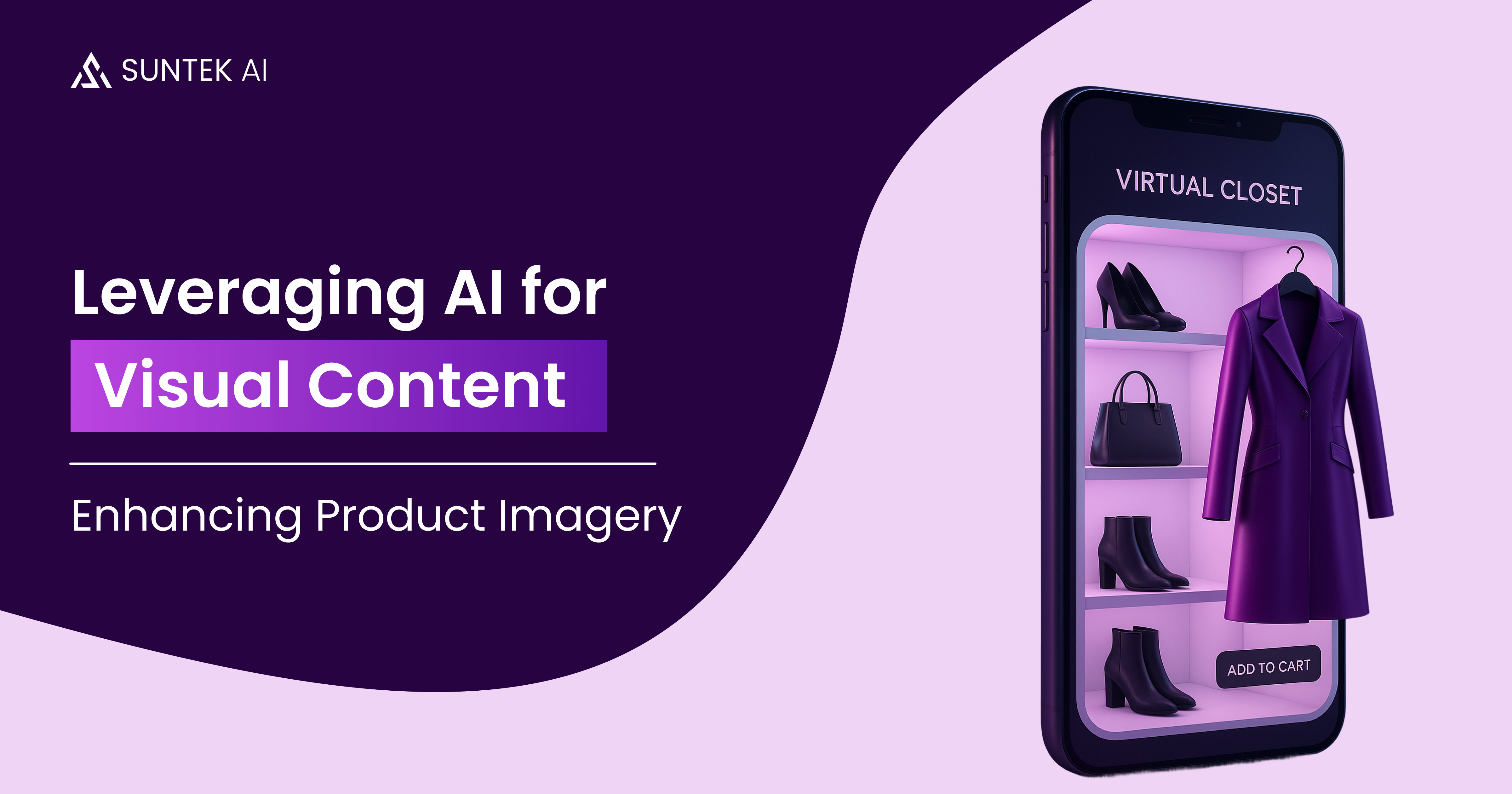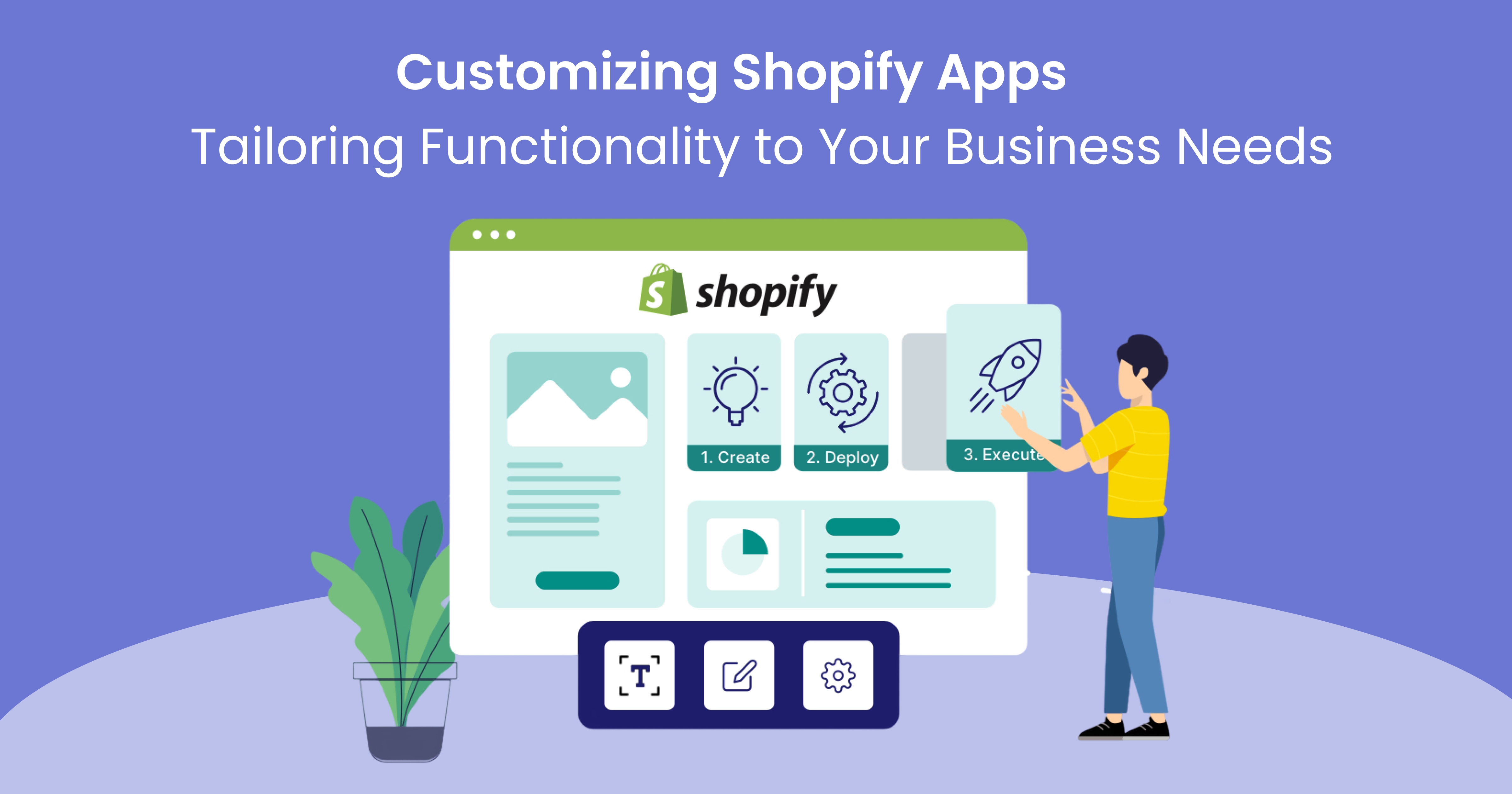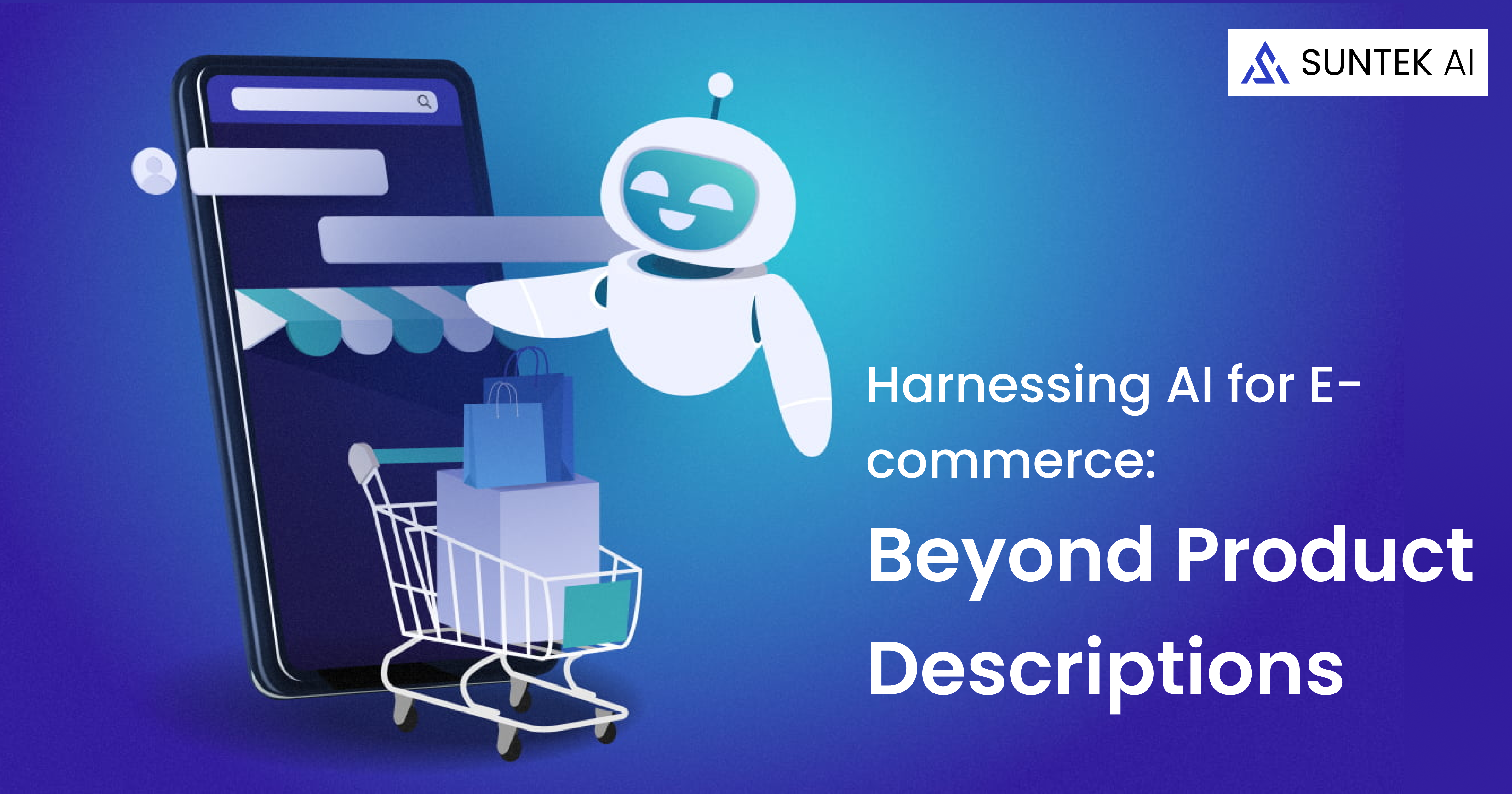In the dynamic world of e-commerce, staying adaptable and responsive to changing market trends is essential for sustainable growth. As businesses evolve, so too must their technology platforms. Salesforce Commerce Cloud (SFCC) has been a popular choice for large enterprises seeking robust ecommerce solutions. However, many businesses are now seeking the increased flexibility, agility, and cost-effectiveness offered by Shopify. Let’s delve into the key differences, along with the pros and cons of replatforming to Shopify.
Salesforce Commerce Cloud vs. Shopify: A Focus on Flexibility
- Customization: SFCC offers high levels of customization but requires significant development expertise and resources. Shopify provides a more streamlined platform with extensive customization options through themes and its vast app ecosystem.
- Control: SFCC grants in-depth control over your platform, ideal for businesses with very specific and complex needs. Shopify delivers a pre-built, user-friendly experience, sacrificing some granular control for efficiency.
- Cost: SFCC implementation and ongoing maintenance costs can be substantial. Shopify’s subscription-based model often results in a lower total cost of ownership.
Pros of Migrating to Shopify
- Ease of Use: Shopify’s intuitive interface empowers non-technical teams to manage the store, reducing reliance on developers.
- Speed to Market: Shopify’s streamlined setup and features can help you launch or update your store faster.
- Scalability: Shopify handles high traffic volumes, making it suitable for fast-growing businesses.
- App Ecosystem: Tap into thousands of apps that seamlessly extend your store’s functionality.
- Cost-Efficiency: Shopify often translates to lower licensing, maintenance, and development costs.
Cons of Migrating to Shopify
- Limited Granular Control: Shopify may lack some advanced customization capabilities present in SFCC.
- Developer Reliance (for Complex Needs): Highly complex customizations might still require developer support.
- Potential Migration Complexity: Moving large amounts of data or intricate integrations can be challenging.
When is Shopify a Good Fit?
Shopify is often considered ideal for:
- Businesses prioritizing speed and ease of use
- Companies seeking to lower their total cost of ownership
- Fast-growing businesses that need a scalable solution
- Those comfortable with less granular platform control
The Importance of Careful Evaluation
Replat forming your business from Salesforce Commerce Cloud to Shopify is a strategic decision that requires careful consideration of the benefits, differences, and potential challenges involved. While Shopify offers several advantages in terms of ease of use, affordability, scalability, and ecosystem, businesses must weigh these benefits against any limitations or challenges they may encounter during the transition process. With proper planning, execution, and the support of experienced partners like Suntek AI, businesses can successfully leverage Shopify’s capabilities to drive growth, innovation, and success in the ever-evolving world of e-commerce.




